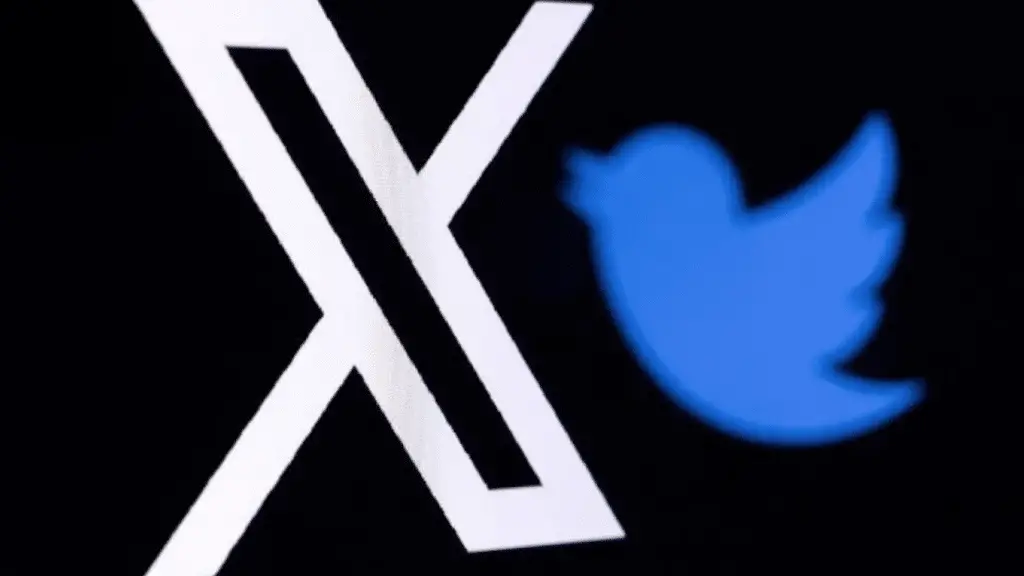Brazil’s Supreme Court recently made a surprising decision, ordering the suspension of the social platform Xformerly known as Twitter. Judge Alexandre de Moraes has ordered the National Telecommunications Agency (Anatel) to take action to block users’ access to the platform, highlighting a growing conflict between the Brazilian government and Elon Musk, owner of X.
The root of this conflict lies in the failure to comply with Brazilian lawwhich requires all Internet companies to have a legal representative in the country. The recent removal of X’s sole legal representative has put the platform in a vulnerable position, culminating in the suspension of services after the deadline set by the Court.
Musk’s reaction
Elon Musk responded vehemently to this decision, publicly criticizing Judge de Moraes and calling him a “pseudo-judge” who undermines free speech. Through his posts on X, Musk claimed that the situation represents an attack on democratic principles, accusing the judge of using his power for political purposes. The escalation of tensions has prompted Musk to promise to reveal a list of alleged crimes committed by de Moraes, calling him a “dictator” and strengthening his position in the online community. The affair is not only a legal issue, but reflects the growing friction between social platforms and government institutions.
The shadow of this legal war also looms over Starlink, Musk’s satellite internet service, which announced that it has suffered a financial freeze from the Court, thus hampering its operations and ability to carry out financial transactions in Brazil. Starlink has contested the order, arguing that it is unjustified and preparing a legal battle to defend its interests. The fight between Musk and the Brazilian legal system raises broader concerns about the limits of freedom of expression and the power of technology companies to influence society.

Consequences of X’s suspension
In a global context where social platforms have a significant impact on public discourse, the suspension of X in Brazil and the consequences for Starlink raise critical questions about technology regulation. Brazil’s legal actions may serve as a precedent for other countries seeking a balance between freedom of speech and social responsibility.
As the debate intensifies, it is clear that the future of social media platforms must contend with local regulations and growing attention to issues of misinformation and abuse of power. The situation in Brazil is just the tip of the iceberg in an increasingly interconnected world where the dynamics between legal power and technology companies are of growing concern and attention.
#Brazilian #Supreme #Court #Suspends #Social #Media

